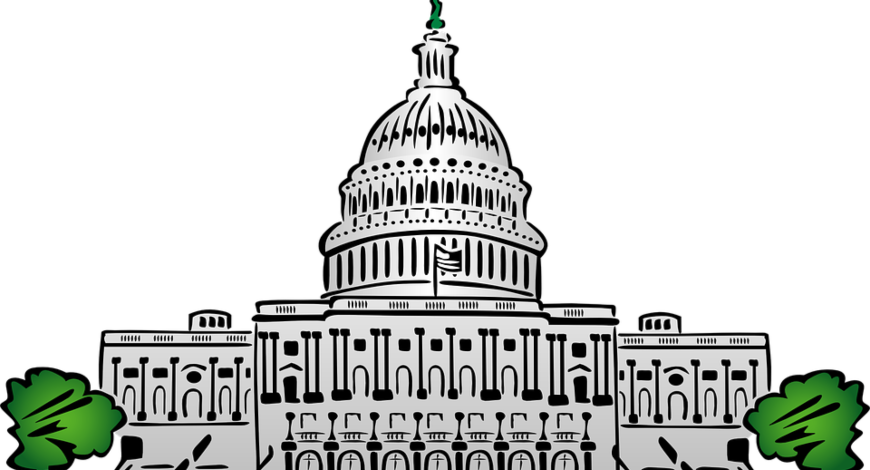The College Board has designed specific Essential Questions to underpin each of the five broad content categories: Foundations, Interactions Among Branches of Government, Civil Rights and Civil Liberties, American Political Ideologies and Beliefs and Political Participation.
Here they are:
Category: Foundations of American Democracy
How did the founders of the U.S. Constitution attempt to protect individual liberty, while also promoting public order and safety?
How have theory, debate, and compromise influenced the U.S. Constitutional system?
How does the development and interpretation of the Constitution influence policies that impact citizens and residents of the U.S.?
Category: Interaction Among Branches of Government
How do the branches of the national government compete and cooperate in order to govern?
To what extent have changes in the powers of each branch affected how responsive and accountable the national government is in the 21st century?
Category: Civil Rights and Civil Liberties
To what extent do the U.S. Constitution and its amendments protect against undue government infringement on essential liberties and from invidious discrimination?
How have U.S. Supreme Court rulings defined civil liberties and civil rights?
Category: American Political Ideologies and Beliefs
How are American political beliefs formed and how do they evolve over time?
How do political ideology and core values influence government policy making?
Category: Political Participation
How have changes in technology influence political communication and behavior?
Why do levels of participation and influence in politics vary?
How effective are the various methods of political participation in sharing public policies?
These questions serve as anchors to bind students to the content in a meaningful way. I love the changes.
So here’s what I plan to do…
Students track these questions throughout the course on a Google doc. Then, working in groups of two or three, they will select one, design a thesis statement (another new skill emphasized in the redesign) and present answers based on what they learned.
This new format gives students fresh confidence to build important skills without sacrificing content and, in the process, gives them a deeper appreciation for the power of essential questions.





